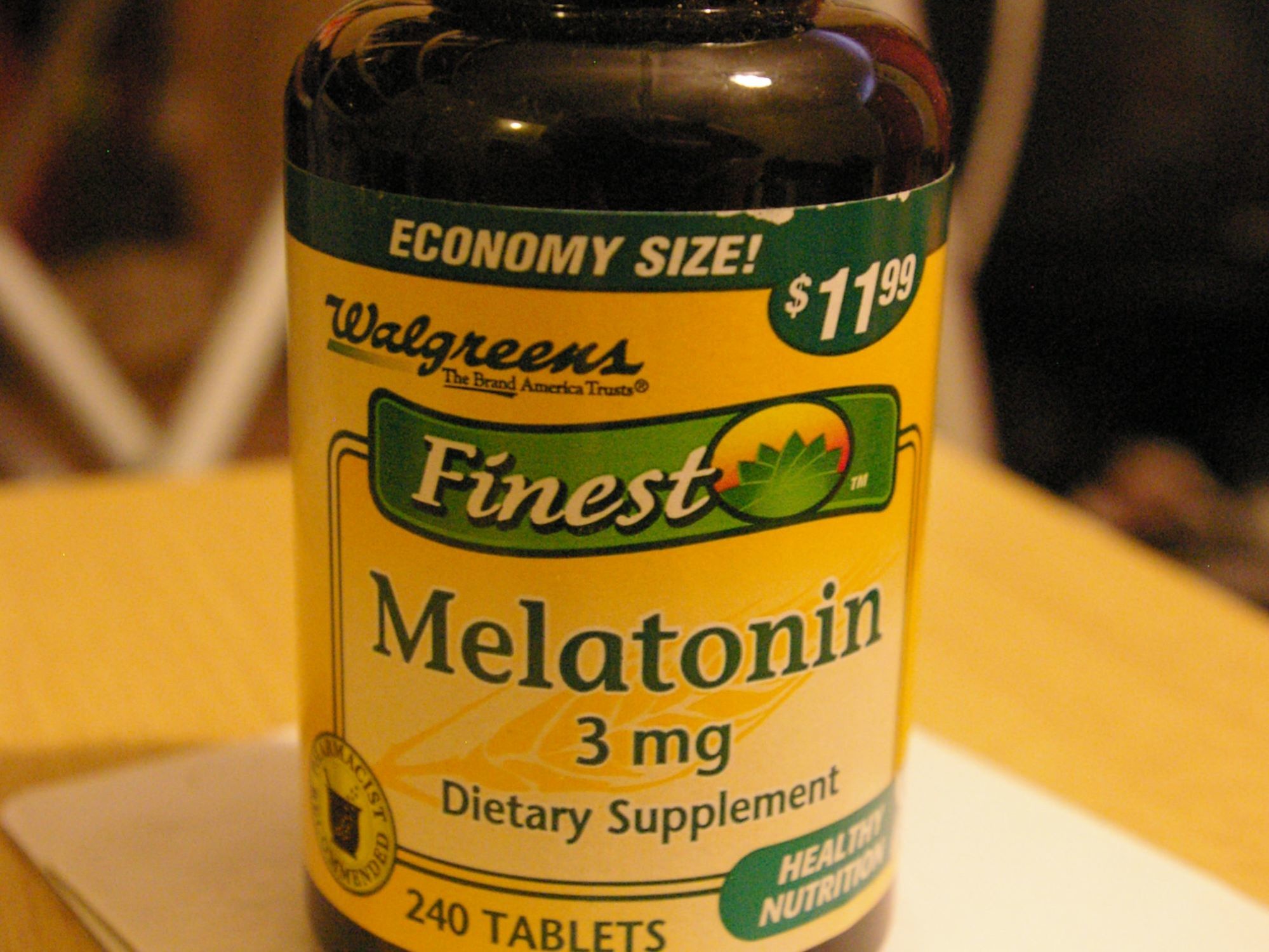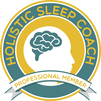|
For overtired parents who can’t seem to get their kids on a healthy sleep schedule, the promise of a magic pill can be pretty enticing, and recently the news that day-care teachers over the pond laced gummy bears with melatonin to help with naps really shocked me. I can understand how it happened - it seems to me that more and more doctors and parents are turning to melatonin as a Band-Aid for sleep issues with their children. I see posts on Facebook regularly from mothers talking about how they are giving their toddlers melatonin to help them fall asleep at night, and I have serious concerns about this. (I try not to be shocked, given that some babies in Scotland are fed Coca-Cola in their formula! I have never found the reason this is given, if you know please enlighten me)
Here’s the dealio: Melatonin is NOT a long-term solution to poor sleep habits. Healthy sleep habits need to be learned at a young age in order to set kids up for a lifetime of healthy sleep habits, parents also need to work on accepting that babies are programmed to wake frequently and toddlers are programmed to fight sleep. Now while some studies have shown that melatonin can be helpful with autistic children or children with ADHD, most toddlers and children do not need melatonin; they need to be taught good, independent sleep skills, Here’s why: Melatonin is a hormone that is secreted by your brain and is present in every person’s body. According to the National Sleep Foundation, “no other hormone is available in the United States without a prescription. Because melatonin is contained naturally in some foods, the U.S. Dietary Supplement Health and Education Act of 1994 allows it to be sold as a dietary supplement. These do not need to be approved by the Food and Drug Administration (FDA) or controlled in the same way as drugs.” in the UK we need a prescription but I know of people who bring it back in bedtime sprays or pills, not really knowing much about it, they think it is a natural sleep aid for their kids. Dr. Johnson-Arbor, a Hartford Hospital toxicologist, says, “It’s (melatonin) possibly thought to affect growth, and to affect sexual development and puberty.” Other side-effects can include headaches, drowsiness and stomach ache. According to the National Institutes of Health, “Melatonin should not be used in most children. It is possibly unsafe. Because of its effects on other hormones, melatonin might interfere with development.” There’s no need to put your kids at risk just to get them down for the night. The plain truth is, children need to be supported to sleep properly — and it’s up to parents and caregivers to support and show them. Comments are closed.
|
Categories
All
|
Site Links |
Copyright © - Nadia Edwards 2024, 3 Northbank Road, Cairneyhill, Dunfermline, Fife, KY128RN | Sitemap




